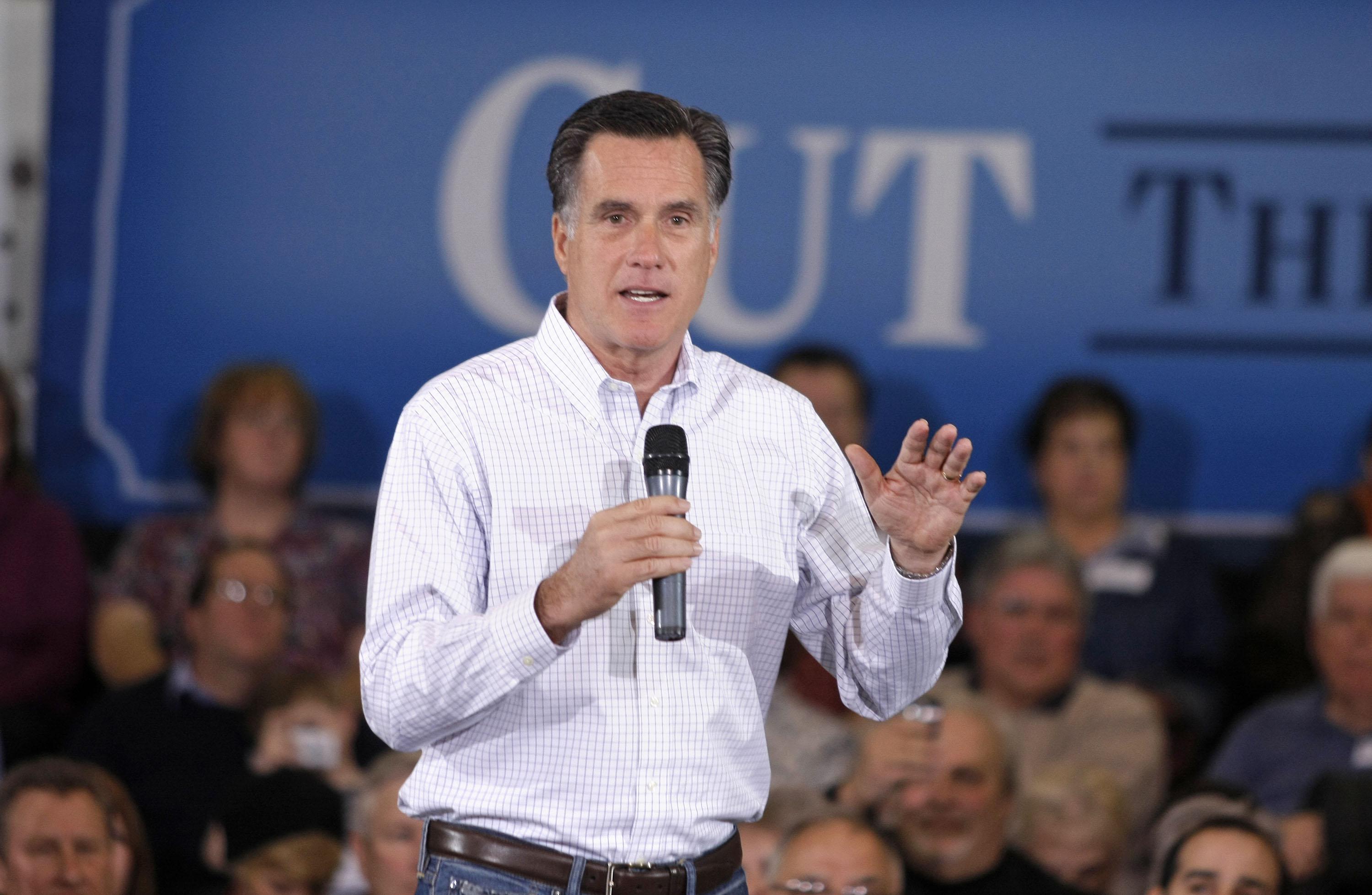From the wreckage of the 2008 financial crisis, two competing strategies emerged. For the anti-Keynesian deregulatory ideologues—who created the crisis but still refused to acknowledge their role in doing so—the way forward was more tax cuts and austerity, and no government assistance to key sectors. For those who still believed in Keynes and sane regulatory intervention, the remedy was to restore financial regulations that prevented excess risk-taking and to help key sectors—the automotive industry in particular—recover through careful market-based intervention.
And, as luck would have it, the global economy has supplied us with two experiments, one testing each theory. The European Union embraced the austerity of Hayek and the anti-Keynesians: It is plunging into a renewed recession. Here in the United States, where President Obama supported a modest stimulus bill, auto bailouts, and some financial reregulation, the renewed auto sector is roaring back to life, and the unemployment rate is dropping at a nice clip. In the auto sector, government helped clean up the balance sheet, renegotiate pension and work rules, restructure wage scales, and build the best product possible. Detroit is bouncing back, with profits and new models streaming off assembly lines. Europe is facing an austere summer and fall, with little to show for its ideological purity except continued red ink.
As we all know, economics will drive the presidential race. Mitt Romney’s prescriptions line up with the approach of austere Europe, while President Obama has favored more interventionism.
As the messages of Detroit and Europe percolate through our politics, the Republican Party is having a harder time every day. The constant focus on European austerity and the very effective marketing of the Detroit rebound—highlighted by Clint Eastwood’s Super Bowl advertisement—have framed this contrast for the public.
For the Republicans, it is bad enough that the presumptive nominee (though that could change next Tuesday) has to go into Michigan to defend his adamant opposition to government assistance for the auto sector. It is even worse because virtually everyone thinks that Romney actually would have preferred to support the auto bailouts but was too cowardly to speak his mind.
With the economy beginning to show some life—even acknowledging the possibility that the unemployment rate is not falling as quickly as it has seemed—and Detroit as Exhibit A, Romney is essentially out of arguments. Until the rebound, Romney could wave the banner of anti-Keynesians and anti-interventionists. Now, with the results of these two experiments in, the public is showing a lot less tolerance for the pure negativism of Romney and the Republican Party. With the easy economic argument disappearing for Romney, both voters and leaders of the Republican Party are casting about for a new theory.
Broadly speaking, there are three strands to the Republican Party. One is libertarian, led by Ron Paul. One more theological, socially conservative and moralist, now following Rick Santorum. One is traditionally corporate and fiscally conservative, supportive, with some hesitancy, of Mitt Romney. Romney simply can’t close the deal with the first two groups because he really doesn’t agree with them, nor they with him.
With the economic argument failing, the Republican Party is searching for another argument. Hence the rise of Santorum. The social conservative argument is looking more appealing as the economic bromides fall flat.
If Romney falls in Michigan, it will trigger a desperate search for a new unifying candidate. The problem is there is no unity possible among these three groups. When our auto industry is succeeding, Europe is failing, and best Republican response is to have Virginia pass a crazy anti-abortion law, the White House must be feeling pretty good.
